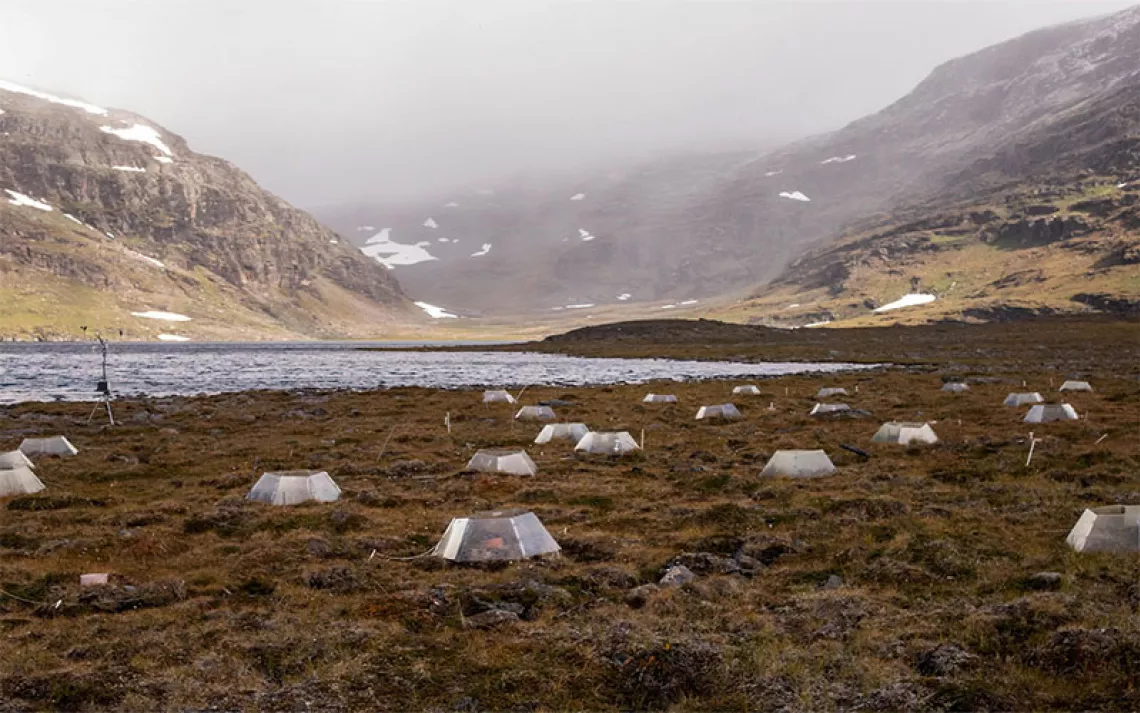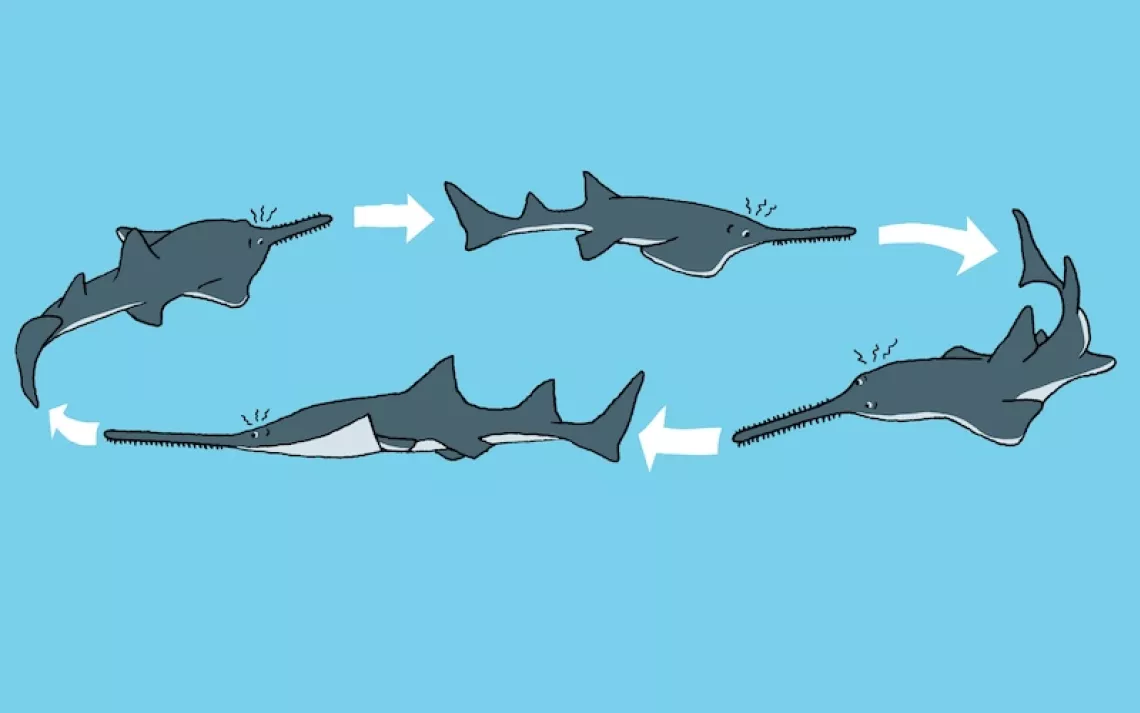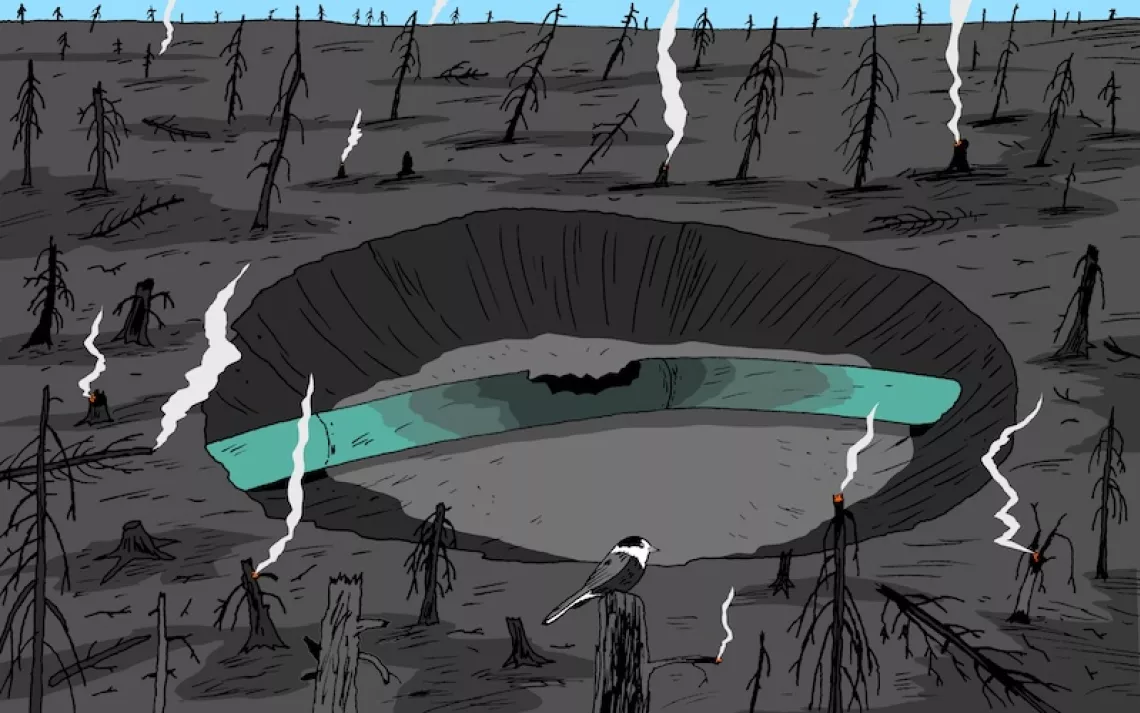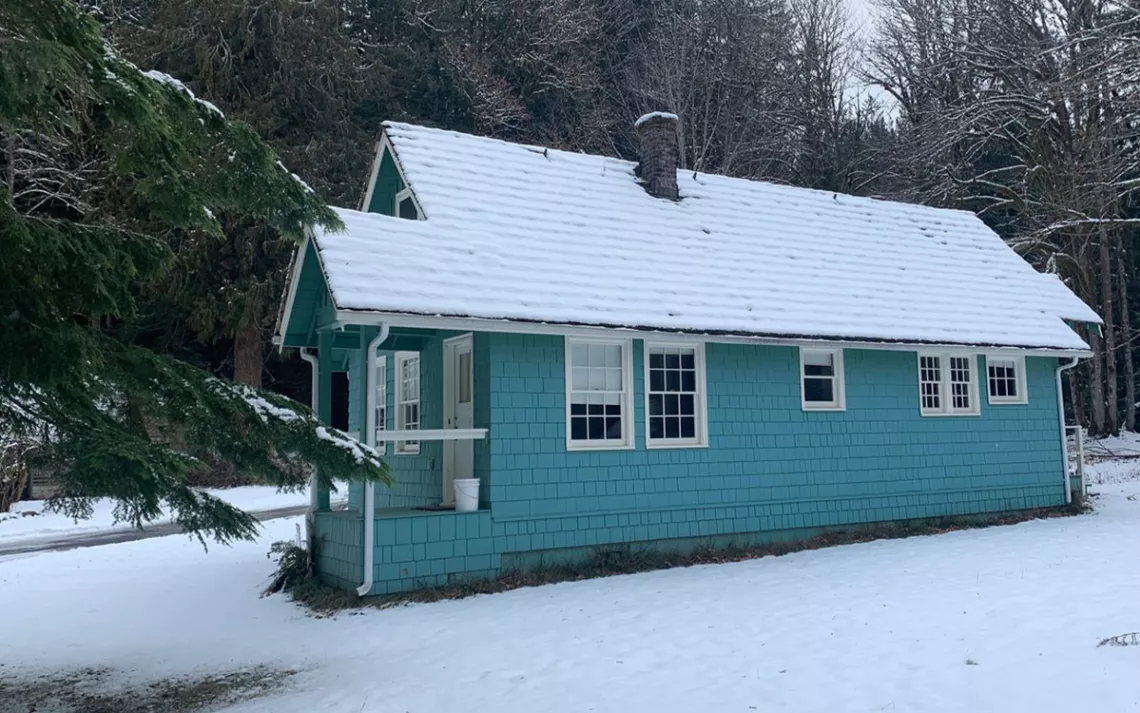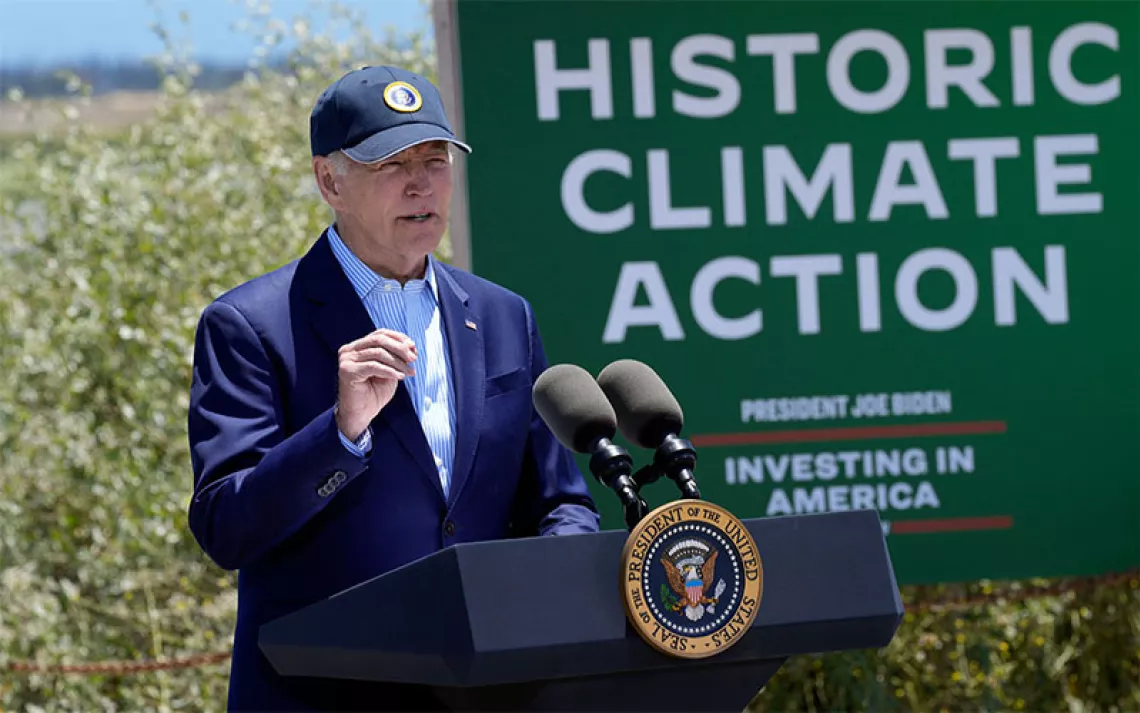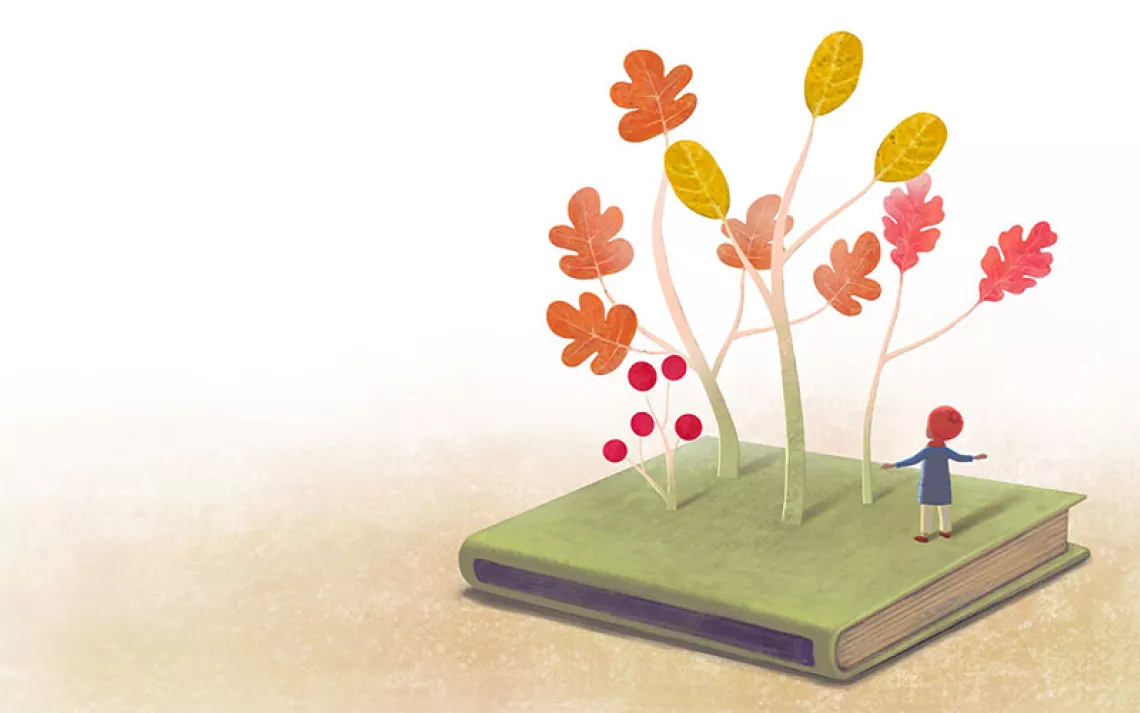What We Talk About When We Talk About “Climate Refugees”
As Ukrainians continue to flee, it’s time to delve deeper into these semantics
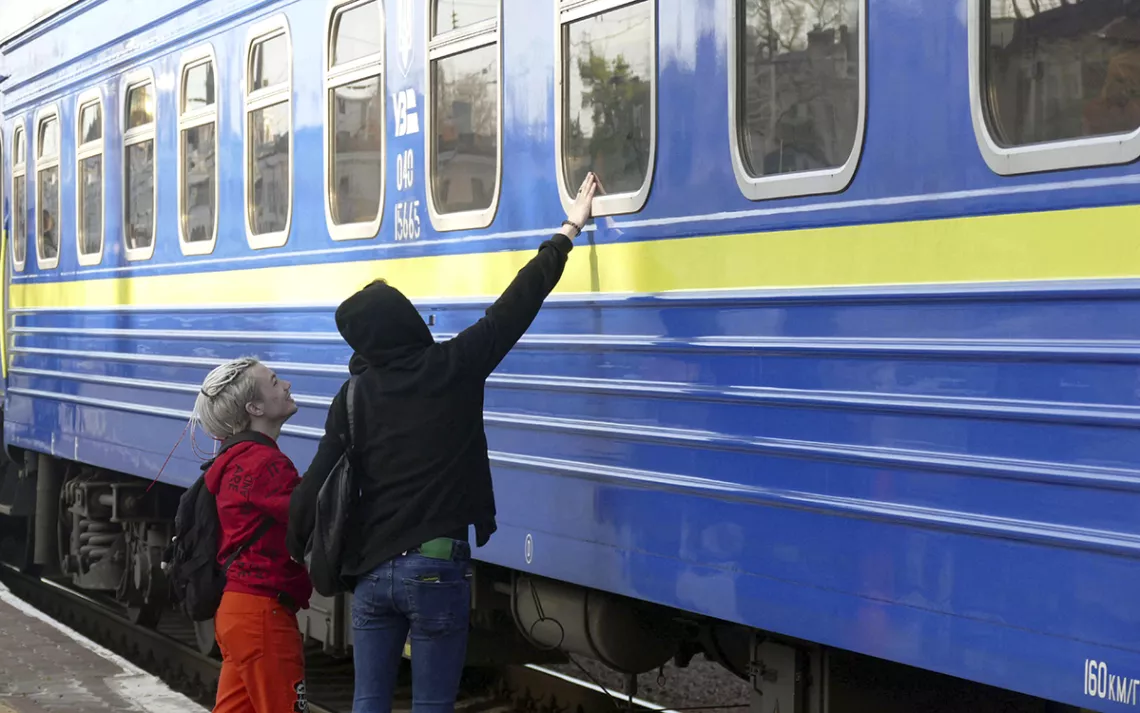
People touch hands through a window of a carriage as they say goodbye before the departure of an evacuation train that will take people fleeing the Russian invasion to Przemysl, Poland, Odesa, southern Ukraine. April 25, 2022. Photo by Yulii Zozulia/Ukrinform/Abaca/Sipa USA (Sipa via AP Images)
I live in a state some folks have deemed a climate haven. A rural enclave with adequate renewable resources and available land, the state of Vermont has become an idyllic alternative to places facing rising sea levels, overcrowded cities, uncontained fires, and other harsh realities of climate change.
As a result, the words climate and refugee have increasingly been thrown around together the past few years—occasionally grazing my ear long enough to make me feel uncomfortable. When the pandemic began, Vermont received an influx of newcomers, raising the overall median non-vacation home price by 19 percent since 2019 (the highest uptick since 2005), according to the Vermont Finance Housing Agency. I saw this statistic not long after I first heard the words COVID and refugee used together, another neologism for the growing list of phrases used to denote “voluntary migration.”
As an immigrant from Somalia, a country with a growing diaspora around the world due to famine and persistent violent conflicts, I was initially confused by this justification. With several wars looming large, including the Russia-Ukraine War, which has caused (as of late May) 14 million Ukrainians to flee their homes, it seems appropriate to delve deeper into the word refugee itself. If we are speaking of a global community, we need to distinguish between folks who are in tenuous situations of displacement that require intervention and those who use the word as a substitute for voluntary relocation.
Determining Refugee Criteria Is Complicated
“My body is burning with the shame of not belonging, my body is longing.” These words are from the poem “Home,” which appears in the debut collection Bless the Daughter Raised by the Voice in Her Head, by Warsan Shire, a British writer born in Kenya to Somali parents. I hail from a nation of poets who have historically used their pens as tools to express their discontent with undemocratic regimes and senseless civil wars. I often look to poets such as Shire, Thich Nhat Hanh, Fatimah Asghar, Rupi Kaur, Ocean Vuong, and others who are skilled at describing textures of displacement and who delve into the human experience tethered to such memories with truth and power.
I aim to sift through the semantics of the word refugee and look deeper into the implications of its various connotations. Shire is not the only writer, refugee, immigrant, or person, for that matter, to speak on the notion of belonging. Perhaps that is what makes the act of seeking refuge so complicated. In a 2018 report conducted by the United Nations High Commissioner Refugee Agency (UNHCR) on the connections between those fleeing conflict and persecution in their countries and those displaced by the impacts of climate change, such as famine, hurricanes, earthquakes, and other natural disasters, Sanjula Weerasinghe writes: “In situations where pre-existing conflict exacerbates the impacts of disasters or adverse effects of climate change, it may be important to explain human factors and root causes. It may be necessary to also explain how the consequences of a disaster or adverse effects of climate change are linked to conflict or violence and could potentially underpin refugee claims.”
The report studied a range of countries and regions, including South Sudan, Syria, the Lake Chad basin and Horn of Africa, Central America, and Haiti. Weerasinghe also points out that even in the absence of conflict, as was the case in Haiti, there may be other human factors at play that can further nuance the refugee designation. The UNHCR website does not officially use the designation “climate refugee,” though it does recognize that victims of climate change do exist.
Simply put, the matter of accounting for human beings is complicated. Moreover, those who occupy areas where climate change is infringing on their quality of life and livelihood are typically first displaced in their own countries before they seek refuge beyond nearby borders. With the COVID-19 crisis, the refugee designation has become even more convoluted, as it applies to both war-torn areas and lands affected by climate disasters. Still, there are key differences between stateless or displaced individuals and those who have the resources to choose where they live.
Entering the Global Conversation
In the United States, we are accustomed to being geographically spread out. When we move from one part of the country to another, it can almost feel like an immigration of some sort. Depending on which part of the country you occupy, you likely hear different accents and encounter varied historical traditions. This makes it natural for folks to feel like outsiders, prompting the urge to use the word refugee in a way that denotes kinship to general displacement. As a nomadic type who has traveled this beautiful country exclusively and extensively for the past 10 years, I can attest to a general feeling of non-belonging. As someone who sports darker skin, a Muslim name, East African features, Vermont plates, and a healthy appetite for playing with American colloquialisms, I know how important it is for humans to feel acknowledged and seen. It is with this perspective that I wince when the word refugee is tacked on to a mildly inconvenient truth or situation, and thus diluted. Because this negates the experience of actual human beings who do not have the luxury to play with nuance and words, as we in the States may.
I recognize that I may be sensitive to this issue because of my country of origin and the faces I know behind the designations of the words refugee and alien. Those faces who wake up each day negotiating their lives with heaps of paperwork in foreign languages and personal memories that grow distant by the hour. These people are not just brown or Black. They are not just of the impoverished class. They do not come from helpless countries that brought this infliction on themselves. Rather, they range in color, in language, in skill, in generation, and more. They are complex individuals who are bound by circumstance despite how different they may look from one another.
Because global displacement is on the rise, we as Americans, despite living in a culturally dynamic and highly developed country, cannot opt out of the larger conversation. If we wish to be a part of a global conscience that not only speaks to our human advancements but also shows up for humanitarian intervention, we must be willing to examine the ways in which our language limits us. Open borders cannot convey the pain and loss endured by the 26.6 million refugees displaced around the world. It will take time, an investment in emotional intelligence, and intentional efforts to understand and unpack the longing that Shire describes. It requires a human lens.
Luckily, the word human, though not an official category according to census reports, is a designation we can all get behind, no matter how we feel about our species at the moment.
 The Magazine of The Sierra Club
The Magazine of The Sierra Club

